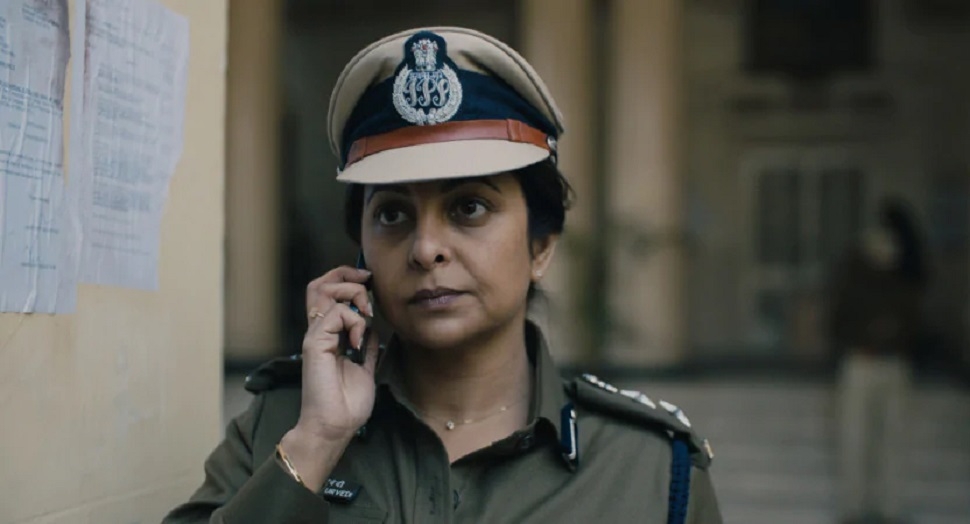Non-judgemental take
| Date :28-Mar-2019 |

By Radhika Sharma,
Delhi Crime, based on Nirbhaya case files, explores the 2012 heinous gangrape and murder from the viewspoint of the Delhi Police team that probed the incident, but Netflix’s new web series was shot with a non-judgemental eye, says director Richie Mehta. The seven-part series directed by the Indian-Canadian filmmaker follows the investigation to nab the six males who raped the 23-year-old physiotherapy intern on a cold December night in a moving bus in the national capital. She died of her grievous injuries 13 days later in a Singapore hospital. Mehta said it was a family friend serving in Delhi Police who suggested him to make a film on the subject. He started the research in 2013 after a trial court convicted and gave death sentence to the four adult defendants. After four years of research and writing, the director said he came up with a 170-page bible followed by 430-page script, wherein he has explored the perspective of “the people who were in the front lines”. “I realised they have a point of view on these things that we don’t talk about.
We had a very visceral reaction to this particular case and these are the people who are doing it every day. So why aren’t we talking to them and getting their points of view?” Mehta told PTI. The director, known for films like Amal and Siddharth, has not depicted the act of gangrape in the series – neither in visuals nor audio. “I was very clear from the beginning that I didn’t want to showcase the rape scene because I wanted the series to be about the procedure, not the crime,” he said. Mehta said the team filmed the series as if they were a “bystander”, sneaking up to see and listen in to what was happening. “We would take point of view shots, bystander shots. Sometimes we took long shots, people are walking down the hallway and we’re behind them or we are just a person listening in. This was part of the non-judgmentalness of it.
The whole show was shot in that particular style.” He said the only time he changed tack was when DCP (south district) Vartika Chaturvedi, played by Shefali Shah, gets Jai Singh, the main rapist, to confess. “In rest of the scenes, you’re just sitting in the corner. The only time I broke that rule was when I needed to see both the people’s eyes, it was that moment - behind Vartika’s and Jai Singh’s shoulders. This was not a bystander thing anymore,” he said. In a time when producers have become prompt in registering movie titles after an event of national importance occurs, Mehta said he did not go for the project soon after verdict was out as the wound was still fresh in the country’s consciousness. “I sensed it wasn’t right to make a project on this then. Subjects like this are sensitive, especially when you have to tackle it from different points of view. It was going to take me a lot of time to understand all of that before I could dramatise it. “I said to myself every day in those first four years that ‘if somebody else does it, fine’.
It will alleviate the pain I was going through. I would have been happy if somebody did the exact same show.” After Leslie Udwin’s 2015 documentary India’s Daughter and Deepa Mehta-directed drama Anatomy of Violence in 2016, Delhi Crime”is the latest project to bring the highly publicised case, which led to a change in India’s rape laws, on screen.